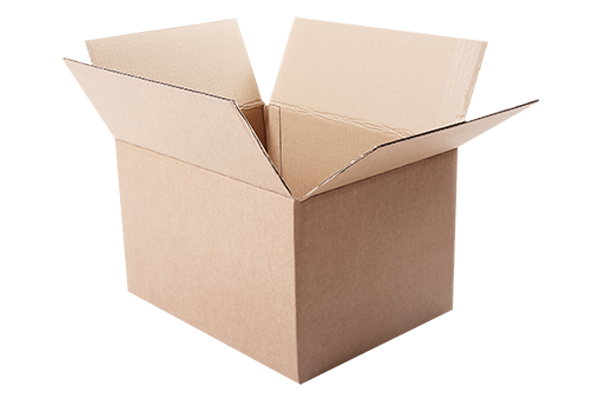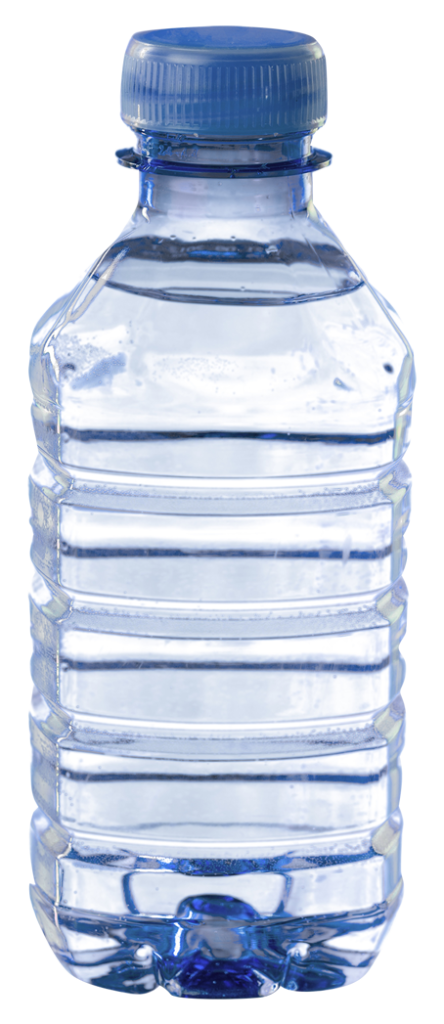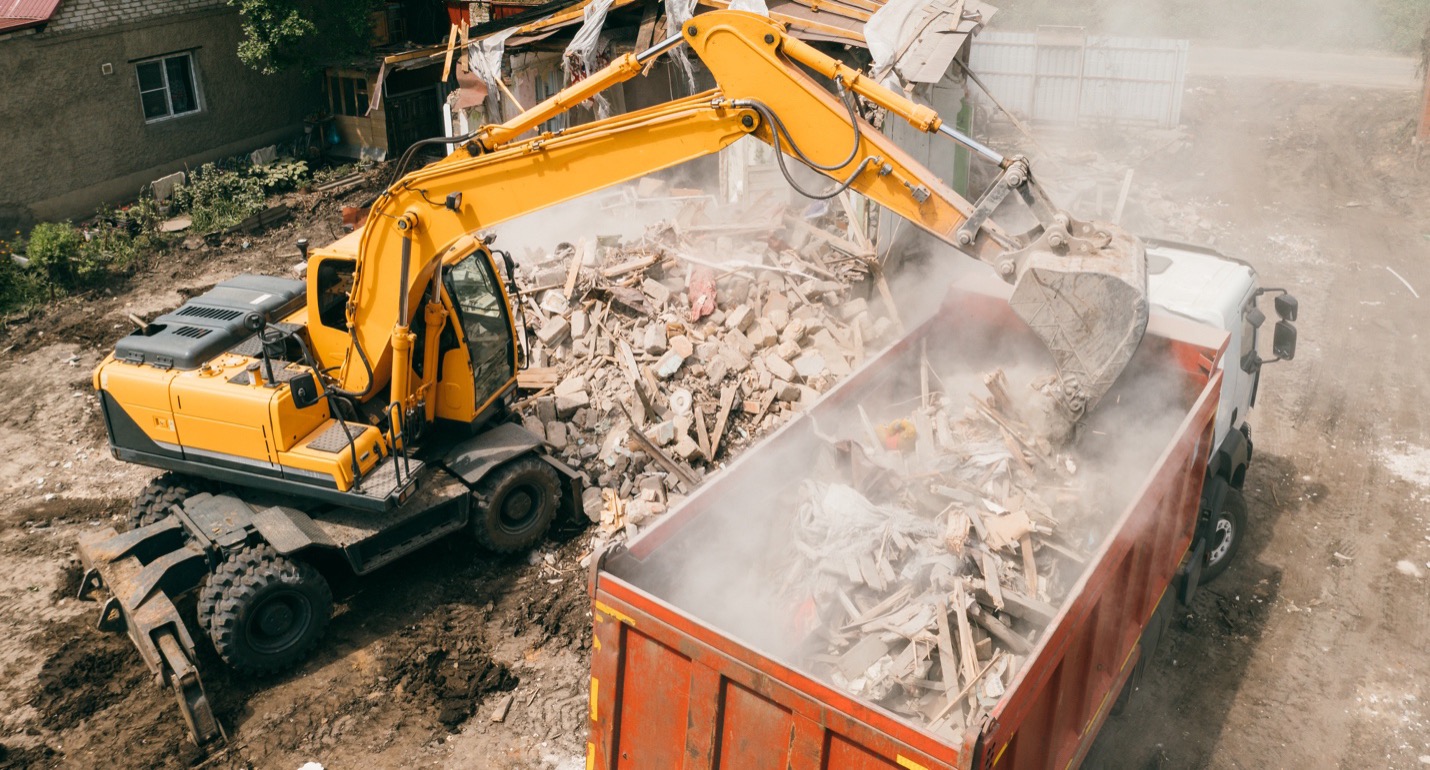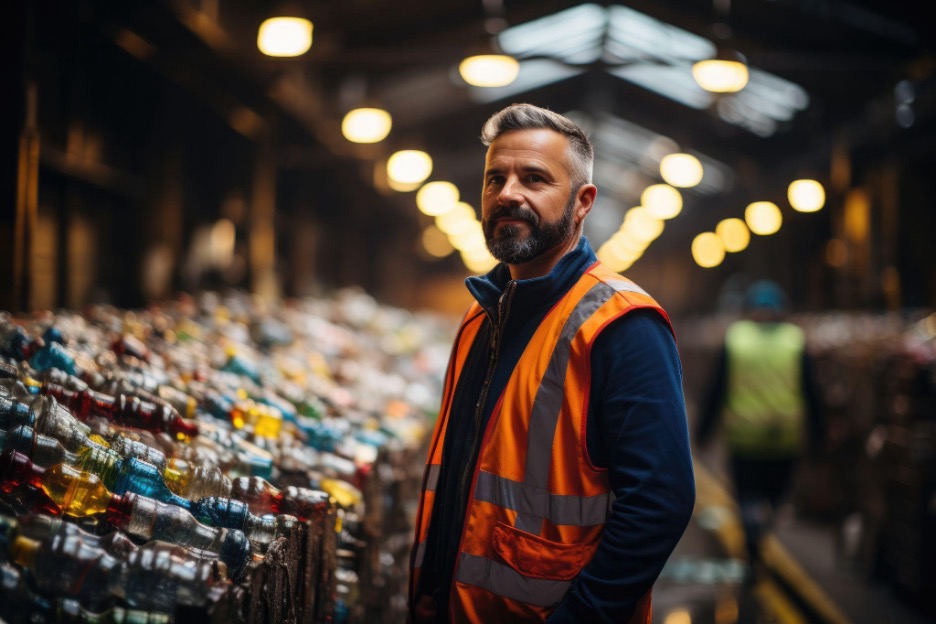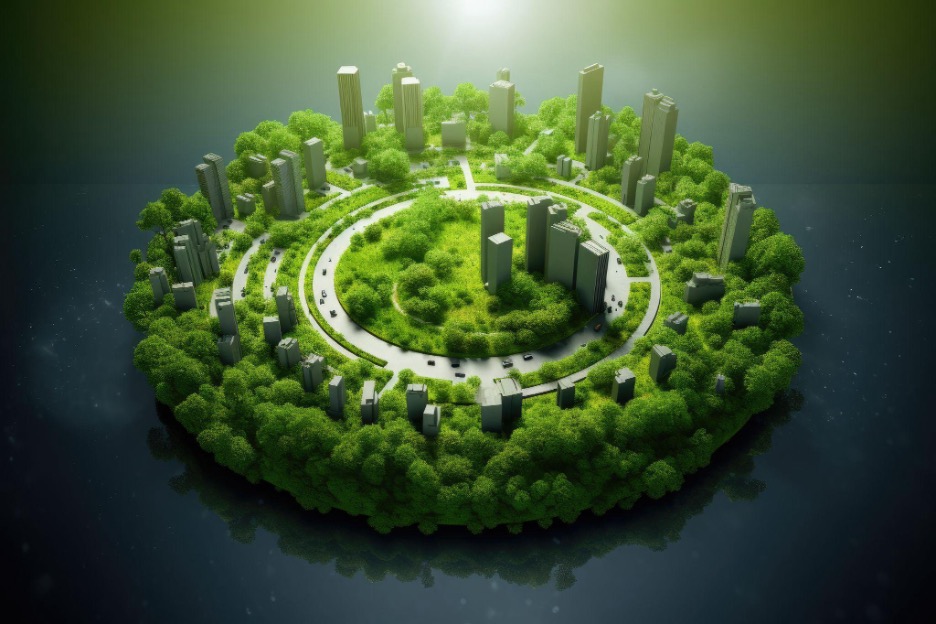WHAT YOU DO AND HOW YOU DO IT MATTERS
When we started in the recycling business it was clear that there was a lot of misinformation out there. The confusion about what could be recycled, where and how, prevented a lot of people from even taking the first step. It all seemed too complicated to make it work, so our biggest initial effort was about education.
Back in 1996, we started with a focus on proper recycling of papers, cardboard, and paperboard. They could be readily accommodated and there was a good market for clean used paper. Recycling in this case not only saved trees but also 80% of the energy used to produce new, virgin pulp to be turned into paper. A win for those that recycled and also for the makers of paper and cardboard products. Paper, like all commodities, responds to supply and demand. In early 2022, the price was around $130 per ton, dropping to $70 per ton for the last half of the year and then starting in 2023 with an average of $30 per ton. These sorts of price variations are not unheard of, but volatility of this magnitude hasn’t happened since 2009. The lesson, here is to diversify and so we have.
Since our start in Fort Worth, we have expanded our operation across different regional operations, added in plastics recycling, and now include trash pick-up as well. We’ve learned a lot as we’ve grown. This has caused us to think hard about what our priorities are, not only in creating a good environment for our business but for our customers as well. This is where we formulated our Four Guiding Principles which have stood the test of time.
FIRST PRINCIPLE: MAXIMIZE
Early on, we wanted to incentivize our customers to recycle. To do this, if we could maximize recycling revenue, we just might be able to reduce demand for landfill space and keep more stuff in the circular economy, where re-usability is the goal. If we look at the paper side of the business, a simple thing to do is to try and pair the type of paper waste with the recycler that has the highest demand for the paper that you have. Pizza boxes, due to food contamination, just don’t recycle. So if you accidentally put them in with cardboard, you can taint the whole load – so put them in the trash. Office paper is high quality and is worth more than cardboard, so keep all that good office paper together and you’ll get a better price per pound. Setting up these systems and educating our customers to maximize revenue, gives them another value stream and reduces their overall operating costs. Our first principle became to maximize recycling revenue. We can’t set commodity prices, but we can make sure that we are taking all the steps we can to get the best return for our customers.
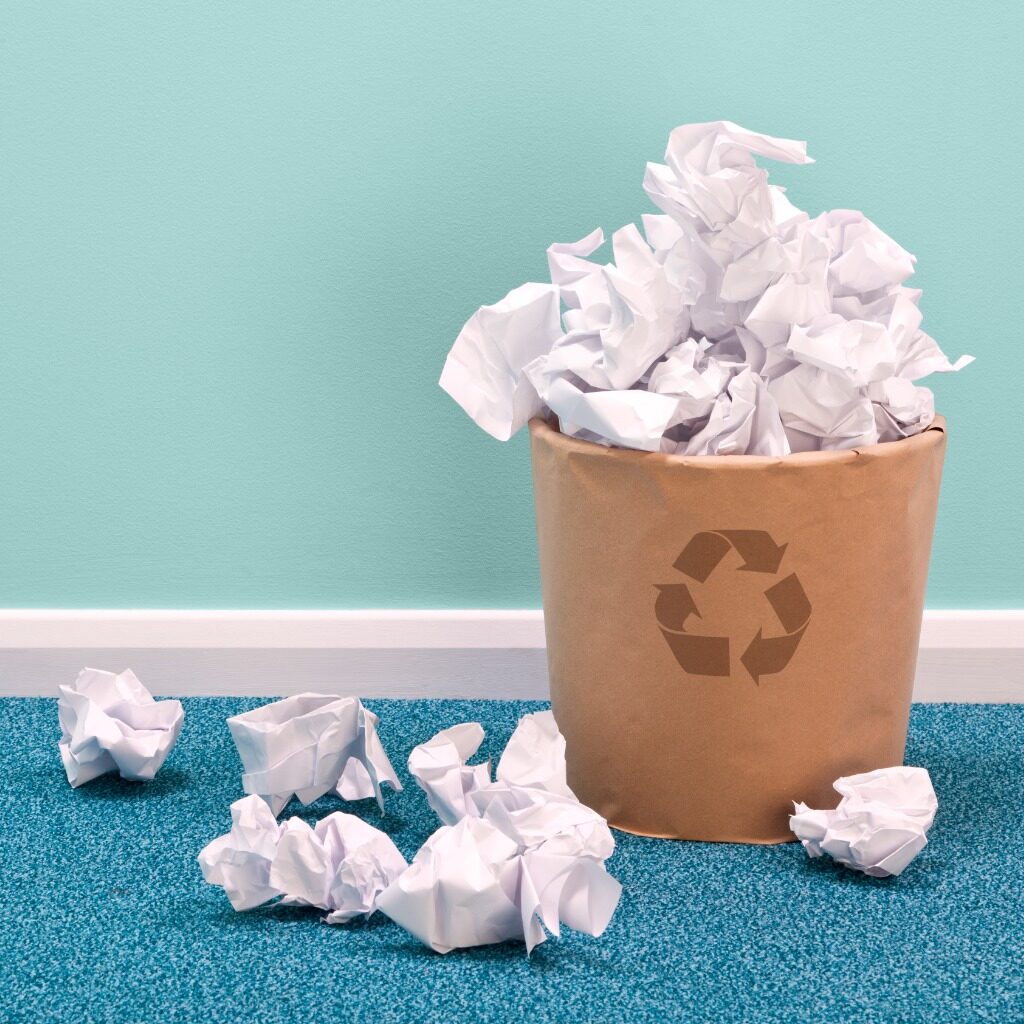
NEXT: REDUCE
This is the flip side to the first principle. It is not uncommon, even in this enlightened world of recycling, to find customers that deal with their office waste by just tossing it all in a dumpster that then gets hauled to a landfill – and they are paying for the service. This brings us to our second principle which is to reduce the amount of material going to the landfills. Aside from the sheer waste of land and cost of operation associated with landfills, they are a large and un-controlled source of methane, caused by rotting vegetation. Methane is a powerful greenhouse gas and the second largest contributor to atmospheric warming behind CO2. When we go to an on-site audit of a company’s waste streams it is one of our core principles to see if we can find a way to redirect waste from landfills as much as possible while simultaneously maximizing the recyclables.
THIRD: APPROACH
We understand that improving our environment by educating our customers has to be more than a “feel good” exercise. We are willing to meet our customers wherever they are at the moment in their business cycle and to do what we can to help them in accordance with the first two principles. We understand that ultimately businesses survive by getting good return for the value that they bring. Our job is to show them that maximizing recycling and minimizing the trash headed to the landfill can have value, too. We’re hear to give them information, listen to their objectives and then put together a proposal based on what they want to accomplish. We aren’t high pressure sales. This is our third guiding principle – our approach to customers is to treat them as we would a business partner on equal footing. At the end of the day it’s the relationships that matter.
FOURTH: WE CARE
All of us at Evergreen know that the work we do ultimately helps in preserving the environment. We realize that the problems of waste generation without interventions like we provide, would be worse. We’re not big enough, nor do we think it is our job to save the world. But we do care tremendously about the environment that we live in and we know that our contribution does make a difference. Every water bottle that stays out of the ocean, every cardboard box that goes back to be re-manufactured, every little step that helps us move in the right direction is a win. Our fourth guiding principle is that we care about the environment and work every day to make it better.
Over the years these four principles have held up and are still true today for us as a company.
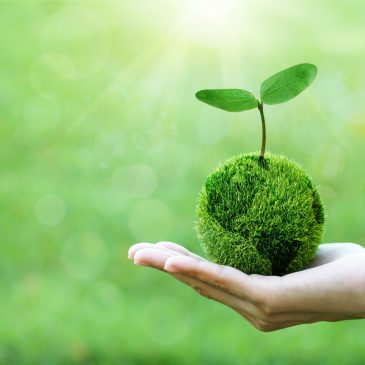
WORKING THE ISSUES
To learn more about Evergreen Recycling and their recycling and waste management programs visit their web site at https://evergreen-recycling.com/plastics-recycling/
You can also reach out to them directly through this contact link https://evergreen-recycling.com/contact/
or give them a call at (817) 293-4400

